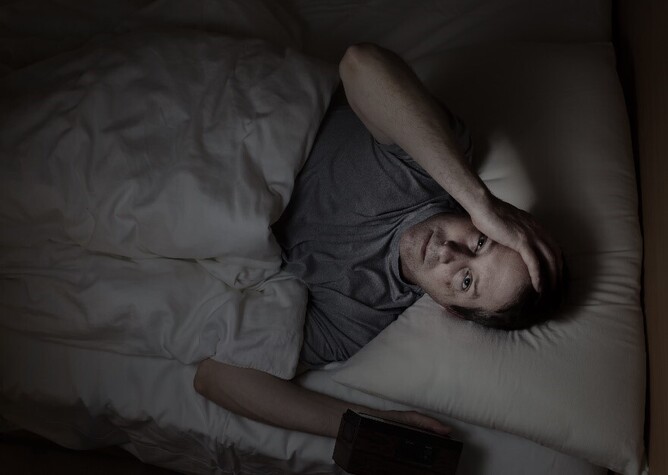Sleep is an essential component of overall health, and its impact on mental health cannot be overstated. Adequate sleep is crucial for our brain to function. Therefore, it is no surprise that the quality and quantity of sleep we get can significantly affect our mental health.
Sleep deprivation can lead to a range of poor mental health responses, including depression, anxiety, and various other negative mood responses. This can also lead to less physical activity and encourage unhealthy food choices and habits, which will also impact your mental health and general well-being.
Getting sufficient sleep can improve cognitive function, mood, and overall well-being. Therefore, it is essential to prioritize good sleep hygiene to maintain good mental health.
Some tips for maintaining healthy sleep hygiene include establishing a regular sleep routine, avoiding caffeine and other stimulants before bedtime, creating a comfortable sleep environment, and limiting exposure to screens before bedtime. See some idea's listed below.
What might help improve your sleep?
It's all good and well acknowledging sleep can have a notable impact on our general and mental health, but we appreciate getting yourself or others to sleep is not always so easy in practise.
For many, getting a better sleep to promote healthier brain function and mental health might look like:
· Limiting or avoiding caffeine altogether, especially in the afternoons.
· Avoid eating heavy meals 1 or 2 hours before bed
· Go to bed when you feel sleepy
· Create a bedtime routine that works for you, maybe practise some of that very important self-care.
· Avoid using technology at least an hour before intending to go to sleep
Other idea's that may help you, your child and also in particular those who are neurodivergent:
· Blackout Curtains or Eye Mask
· Sensory dim-light water/oil diffusers
· Using a sound machine or fan, some people find sleep soundtracks/mood music equally helpful
· Wearing earplugs
· Increase comfort for example buying memory foam mattress toppers/pillows for comfort
· Sleeping with a weighted blanket is also highly recommended, for a child or an adult, it's like a constant comforting hug
And again
· Avoid using technology at least an hour before intending to go to sleep, phones/tablets down people!
By making sleep a priority, we can improve our overall well-being and reduce the risk of mental health issues. If you’re really struggling to sleep and believe it’s related to your mental health, you can always seek professional advice and support from services like Teenage Mental Health.


